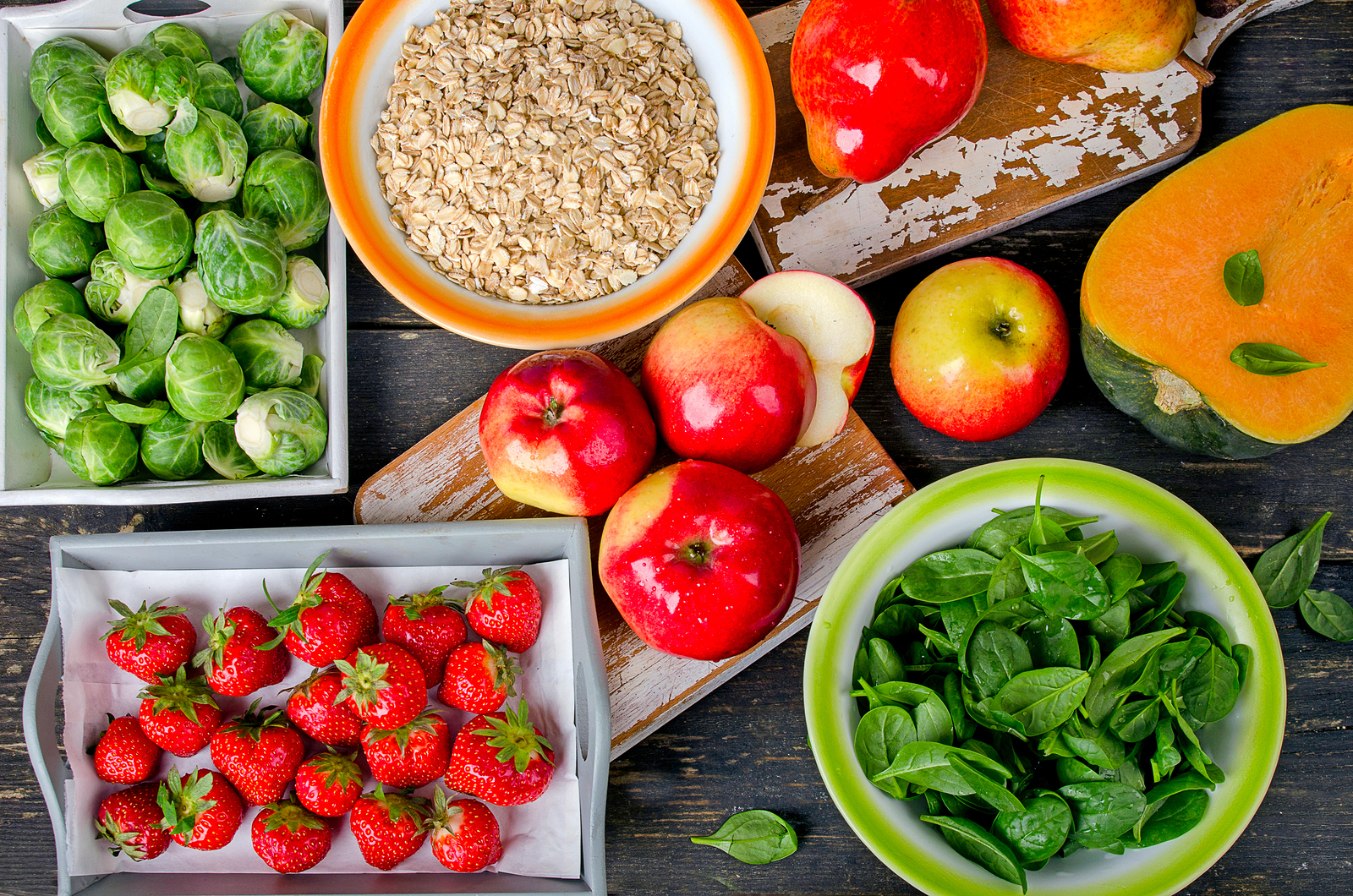Contents:
Medical Video: Morning Sickness Relief
When you are pregnant, you may often experience nausea and vomiting. This is also called morning sickness. Symptoms can make you feel uncomfortable. You might wonder if this is a good sign. The answer is yes and no. Let's see why.
Morning sickness is a complicated condition. It's hard to know whether what you are experiencing is good or bad. Morning sickness, or nausea, is a common sign of pregnancy. Morning sickness usually starts when you are in the 6th week of pregnancy and stops at 12th week. Conditions can occur at any time, whether morning, afternoon or evening. But symptoms may be worse in the morning and improve afterwards.
Several studies have shown that nausea and vomiting during pregnancy are caused by hormonal changes in a woman's body. When you are pregnant, the body produces the hormone human chorionic gonadotropin (HCG). This hormone is related to nausea and vomiting.
Women who have more than one child (twins) often experience nausea and vomiting because of higher blood levels of HCG. The hormone estrogen also plays a role in the occurrence of morning sickness.
However, not experiencing morning sickness does not mean you have a problem with your pregnancy. Excessive nausea and vomiting can cause nutritional deficiencies and electrolyte imbalances. This can harm you and your baby. If you have motion sickness or feel uncomfortable with certain odors, morning sickness can feel more disturbing.
What can you do to relieve symptoms?
- Eat a little but more often. You have to eat foods that are rich in protein and carbohydrates because they provide more energy.
- Eat slowly so the body can absorb food better and you will feel full longer.
- Drink fluids before or after eating.
- Provide your favorite snacks such as crackers, cookies, yogurt or fruits near you so you can eat them at any time. These snacks can give you energy and nutrition. Snacks can also help you feel more relaxed when you are nauseous.
- Eat whenever you want, whenever you like and whenever you can.
- Drink water, milk or fruit juice to keep your body fluids sufficient.
- Eating cold food can help because hot foods make nausea.
- Gargle your mouth before and after you eat to avoid bad taste.
- Light exercise and low impact can help. Walking, cycling or swimming can be the choice.
- Open the window so that air circulation is smoother.
- Rest, relax, and take a nap when you can. Nausea and vomiting often get worse when you are tired.
- Ginger can calm your stomach disorders. Try any tea or drink containing ginger.
What should be avoided?
- Try to avoid food or other objects that can trigger nausea such as a warm room, the smell of perfume or travel by car.
- Avoid fatty, spicy, fried or sour foods. These foods can irritate the digestive system.
- Do not drink liquids while you are eating. Don't drink too much at once. You can feel bloated so you eat less.
- Do not immediately get out of bed after you wake up.
- Don't lie down after you eat. Try to do some light activities.
- Don't skip eating even if nausea and vomiting can make you not want to eat anything.












